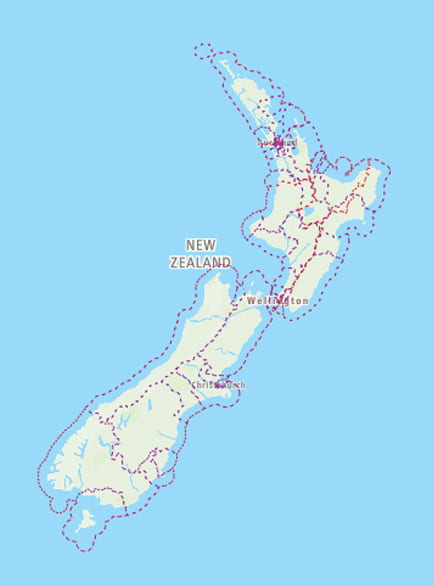The 2017 New Zealand Election Study
The 2017 election was held on September 23. While the incumbent National Party gained the largest number of seats, it was short of a majority in Parliament. The final vote count was released on October 7. On October 19, New Zealand First Party leader Winston Peters annouced his party would form a coalition government with Labour, with the Green Party guaranteeing confidence and supply, and with three ministers outside Cabinet.
Principal Researchers
Victoria University of Wellington
Jack Vowles
Kate McMillan
Fiona Barker
About the 2017 New Zealand Election Study
The 2017 NZES was funded by Victoria University of Wellington, the New Zealand Electoral Commission, the University of Auckland, the University of Otago, the British Academy, and AUT University.
The 2017 NZES attracted 3445 respondents, sampled from the electoral rolls, containing just over 92 percent of those estimated to be eligible to vote. 1339 of these also participated in the 2014 NZES. The Maori electorates were oversampled, as were voters 30 and under. The data in the frequency tables linked below has been weighted by Maori/General electorates, age, gender (from the rolls), highest educational qualification (from the Household Labour force Survey and the 2013 census), and party vote and turnout (corrected from the marked rolls), in order to be as representative as possible of those on the rolls.
Across those freshly sampled for 2017, on a conservative basis, not removing any of the original sample for non-availability, the response rate (weighted to take account of the oversampling) was 30.6 per cent. The response rate of those who could be recontacted from the 2014 sample was 61.6 per cent.
Data & Documents
Further Reading
Greaves, L. M., Oldfield, L., Von Randow, M., Sibley, C. G., & Milne, B. (2020). How low can we go? Declining survey response rates to new zealand electoral roll mail surveys over three decades. Political Science, 72(3), 228-244. 10.1080/00323187.2021.1898995
Vowles, J. (2000). The New Zealand election study. Political Science, 52(2), 150-157. 10.1177/003231870005200205
